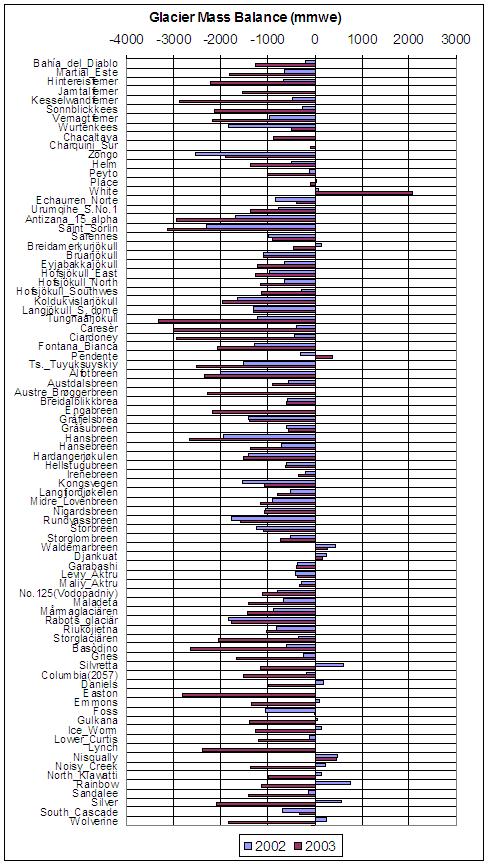The British Crime Writer John Baker goes so far as to say he never said it.
A pamphlet distributed [in Brussels] by the National Union of French Apiculture quoted Albert Einstein. "If the bee disappears from the surface of the earth, man would have no more than four years to live. No more bees, no more pollination ... no more men!" [From Chris Mclaughlin's "Fearful Beekeepers Plead for Curbs on Honey Imports," The Scotsman, 25 January 1994.]
Beside the potential 1994 source listed above, there was a 2004 source that might be where the quote spread from more recently. ? The following is an excerpt from a story on a French bee die off.
Meanwhile a knight in shining armour has appeared in the person of Viscount Philippe de Villiers, the right wing president of the departmental council of Vendée, western France. In his recently published book, Quand Les Abeilles Meurent . . . (When Bees Die . . .), he describes how he was alerted to the problem of fipronil by a beekeeper whose hives had been devastated. As his shoes scrunched across a carpet of dead bees, De Villiers became increasingly angry with "the monstrous mating of the agrochemicals industry and the state".
The book, whose title quotes Albert Einstein's remark that "if bees were to disappear, man would only have a few years to live", charts the beekeepers' struggle and castigates the "servile" behaviour of civil servants, the use of disinformation, the agriculture ministry and Europe.
While I won't go as far as John Baker and say Einstein never said it, the fact remains that whether Einstein did or not, doesn't change the fact that bees are dying off in the billions around the world and it is going to effect more than just the honey supply. If nothing else local plant species will die off in areas from which bees vanish, and with those plants a piece of the food chain will vanish, and thus effect mammals and other insects. And it will be one more ecological hole that will destabilize the whole.


No comments:
Post a Comment